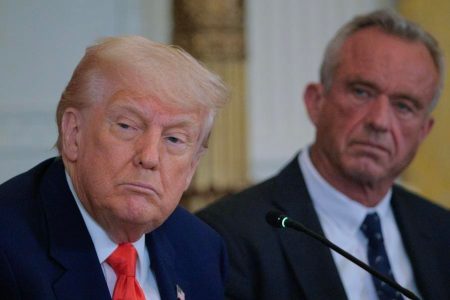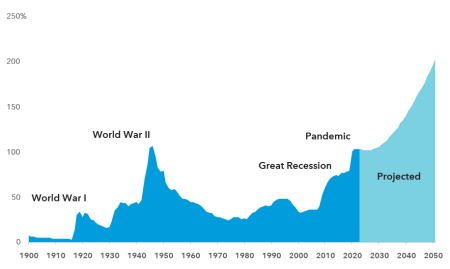The Uncertain Future of Student Loans Under the Trump Administration
The return of Donald Trump to the presidency in 2025 has sparked considerable anxiety among student loan borrowers. Trump’s past rhetoric about abolishing the Department of Education and skepticism towards student loan forgiveness programs has left many wondering about the fate of their debt. While the Biden administration pursued significant reforms, including the SAVE income-driven repayment plan, their implementation has been fraught with legal challenges and uncertainty. As the political pendulum swings back, borrowers are bracing for a potentially drastic shift in the landscape of student loans.
Potential Dismantling of the Department of Education and its Ramifications
A central concern revolves around Trump’s stated intention to dismantle the Department of Education. While this requires Congressional approval, the Republican majority in both the House and Senate makes this a plausible scenario. Such a move could lead to the transfer of student loan program oversight to other agencies, potentially resulting in a fragmented and inconsistent system. This could create administrative challenges, weaken borrower protections, and introduce unpredictable policy changes. In the short term, existing loan contracts with servicers would likely transfer to a new agency, possibly the Department of Treasury, minimizing immediate disruptions for borrowers. However, the long-term implications for loan management and borrower support remain uncertain.
The Fate of Student Loan Forgiveness Programs
The future of student loan forgiveness programs appears precarious under a second Trump administration. The SAVE income-driven repayment plan, already facing legal challenges, is vulnerable to being overturned. Experts predict limitations on future forgiveness programs, potentially impacting new applicants to programs like Public Service Loan Forgiveness (PSLF). Trump’s previous proposals during his first term offer clues to his potential approach. He advocated for consolidating income-driven repayment plans into a single plan with less favorable terms, capping monthly payments at a higher percentage of discretionary income and extending repayment timelines for graduate loans while shortening them for undergraduates. The Republican-backed College Cost Reduction Act further suggests a shift away from expansive forgiveness programs.
A Shift Towards Private Lending and its Implications for Borrowers
Trump’s stance on student loans hints at a possible move away from government-backed loans towards greater reliance on private lending. This could significantly impact borrowers, as private loans typically lack the protections and benefits afforded by federal loans, such as income-driven repayment plans, deferment, and forbearance. While private student loans have long existed, a greater emphasis on this sector could limit borrower options and expose them to less favorable terms and conditions. This shift could exacerbate student debt burdens and limit flexibility for borrowers facing financial hardship.
The Potential for Lower Interest Rates, but with a Caveat
A potential silver lining for borrowers lies in the possibility of lower interest rates on federal student loans. Market trends suggest a near-term decline in interest rates, which could translate to lower borrowing costs for students. Additionally, a proposed bill, the Affordable Loans For Students Act, aims to dramatically reduce interest rates to 1% for both new and existing federal loans. However, this proposal is positioned as an alternative to traditional forgiveness programs, suggesting a trade-off between lower interest rates and access to forgiveness options.
Preparing for the Uncertain Future of Student Loans
Given the potential changes under a Trump administration, borrowers must proactively manage their student loan debt. Those enrolled in income-driven repayment plans should prepare to resume payments, anticipating a potential end to payment pauses. Borrowers should incorporate loan payments into their budgets and explore alternative repayment plans if necessary. Prospective students should prioritize minimizing borrowing, carefully assess career prospects and potential salaries, and consider more affordable educational options, such as community colleges. The uncertain future of student loan programs necessitates a cautious and informed approach to borrowing and repayment.
Navigating the Shifting Landscape of Student Loans
The evolving political climate surrounding student loans requires borrowers to stay informed and adapt to potential changes. Monitoring legislative developments, seeking expert advice, and engaging in responsible financial planning are crucial for navigating the uncertain terrain of student loan repayment. While the full impact of the Trump administration’s policies remains to be seen, proactive preparation and informed decision-making are essential for minimizing financial strain and achieving long-term financial well-being. Borrowers should remain vigilant and explore all available resources to effectively manage their student loan obligations in the face of potential policy shifts.










